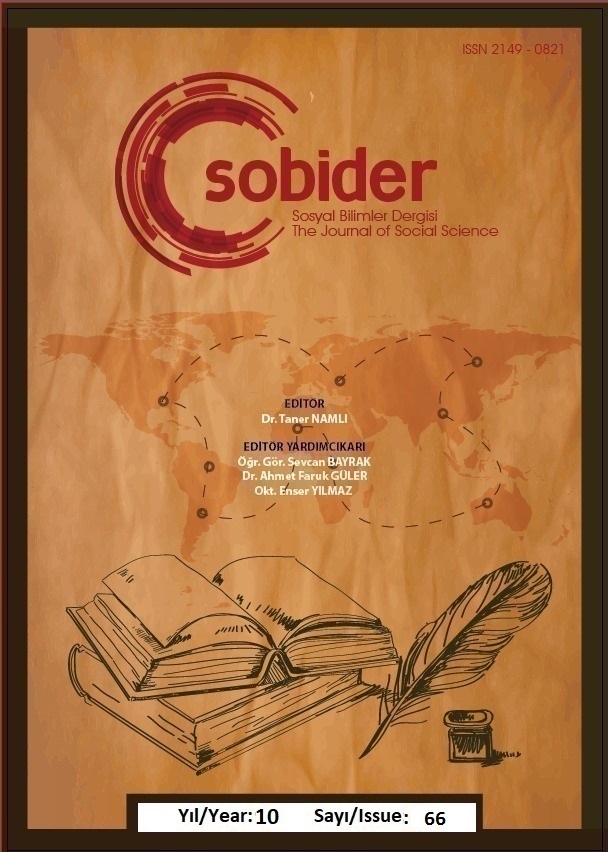Author :
Abstract
الملخص: اتفق الفقهاء رحمهم الله على جواز بيع كل ذي مِخلب من الطير كالبازي و الصقر، وكل ذي ناب من السباع كالأسد والفهد والهر، إذا كان منتفعاً به حقيقة وشرعاً، وعلى عدم جواز بيعه إذا كان غيرَ منتفع به كالحشرات. وفي مسألة بيع النجس اتفق الجمهور لصحة البيع طهارة المبيع ليكون مالاً، ولم يجوّزوا بيع النجس كالروث. لكن الحنفية اعتبروا شرط الانتفاع لا شرط الطهارة، كما هو أحد قولى مالك و أحمد، لكل مجتهد مصيبٍ أجران ومخطئٍ أجر واحد. والمقلد لايجتهد ولكنه يتبع إمامه
Keywords
Abstract
The Islamic jurists are unanimous that it is permissible to exchange with birds such as eagles and hawks, which hunt their prey with their claws and beaks, and with four-legged predators such as lions, cheetahs and cats, which hunt their prey with their canines, when there is a benefit in any way, whether real or Shari'ah. They are also unanimous that it is not permissible to exchange things that do not have any benefit in themselves, such as insects. However, they are divided into two opinions about the ruling on the sale and purchase of unclean things such as faeces, even if they are useful. According to one of the two narrations from the four Imams of the Hanafis, Imam Malik and Ahmad, it is permissible to buy and sell animal manure. The other fuqaha did not consider it permissible. Every mujtahid receives two rewards if he is right in his ijtihad and one reward if he is wrong. The muqallid cannot make ijtihad anyway, he is subject to his imam.





